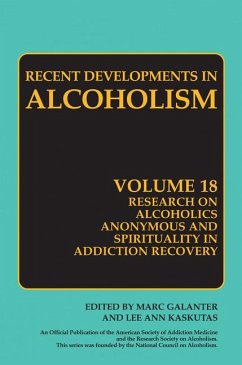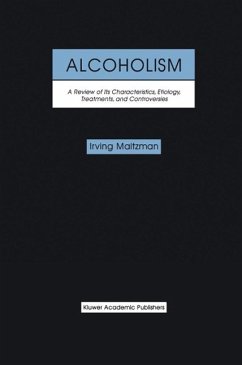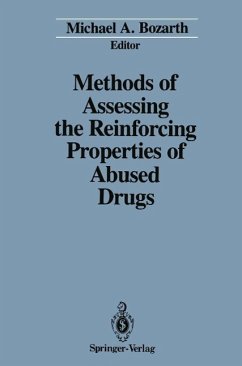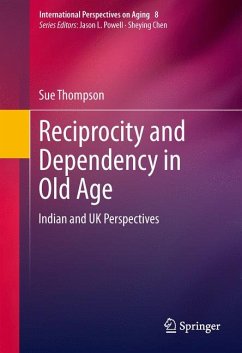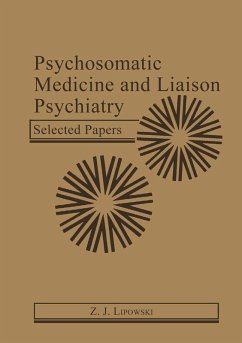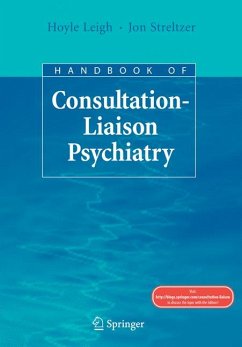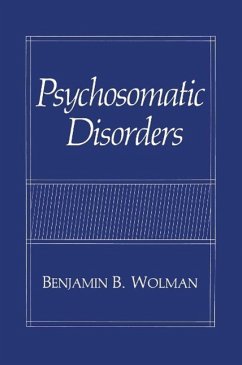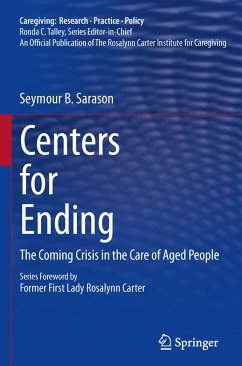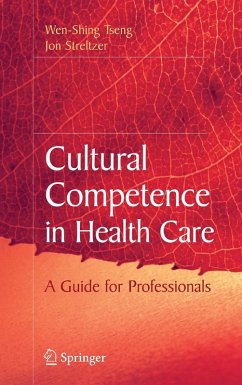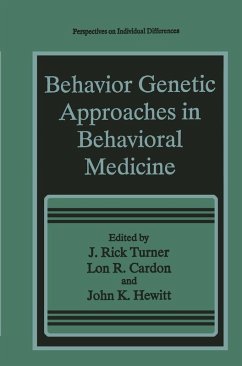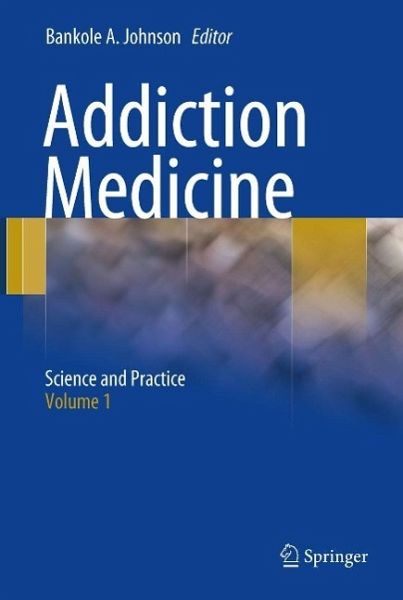
Addiction Medicine (eBook, PDF)
Science and Practice
Redaktion: Johnson, Bankole A.
Versandkostenfrei!
Sofort per Download lieferbar
256,95 €
inkl. MwSt.
Weitere Ausgaben:

PAYBACK Punkte
128 °P sammeln!
The spectrum of addiction disorders presents practitioners with numerous challenges-among them the widening gap between a growing evidence base and the translation of this knowledge into treatment outcomes. Addiction Medicine addresses this disconnect, clearly explaining the role of brain function in drug taking and other habit-forming behaviors, and applying this biobehavioral framework to the delivery of evidence-based treatment. Its state-of-the-art coverage provides clinically relevant details on not only traditional sources of addiction such as cocaine, opiates, and alcohol, but also more...
The spectrum of addiction disorders presents practitioners with numerous challenges-among them the widening gap between a growing evidence base and the translation of this knowledge into treatment outcomes. Addiction Medicine addresses this disconnect, clearly explaining the role of brain function in drug taking and other habit-forming behaviors, and applying this biobehavioral framework to the delivery of evidence-based treatment. Its state-of-the-art coverage provides clinically relevant details on not only traditional sources of addiction such as cocaine, opiates, and alcohol, but also more recently recognized substances of abuse (e.g., steroids, inhalants) as well as behavioral addictions (e.g., binge eating, compulsive gambling, hoarding). Current behavioral and medical therapies are discussed in depth, and the book's close attention to social context gives readers an added lens for personalizing treatment. An international panel of expert contributors offers the most up-to-dateinformation on: Diagnosis and classification Neurobiological and molecular theories of addiction Behavioral concepts of addiction Clinical aspects of addiction to a wide range of substances, including opiates, stimulants, sedatives, hallucinogens, alcohol, nicotine, and caffeine Science-based treatment options: pharmacotherapy, pharmacogenetics, potential vaccines, brief and compliance-enhancing interventions, cognitive behavioral treatment, behavioral management, and other psychosocial interventions Behavioral addictions-including compulsive eating, Internet messaging, and hypersexuality-and their treatment Addiction in specific populations, including adolescents, the elderly, pregnant women, and health care professionals Legal, disability, and rehabilitation issues At once comprehensive and integrative, Addiction Medicine is an essential text and a practice-expanding tool for psychiatrists, health psychologists, pharmacologists, social workers, drug counselors, trainees, and general physicians/family practitioners.
Dieser Download kann aus rechtlichen Gründen nur mit Rechnungsadresse in A, B, BG, CY, CZ, D, DK, EW, E, FIN, F, GR, HR, H, IRL, I, LT, L, LR, M, NL, PL, P, R, S, SLO, SK ausgeliefert werden.



